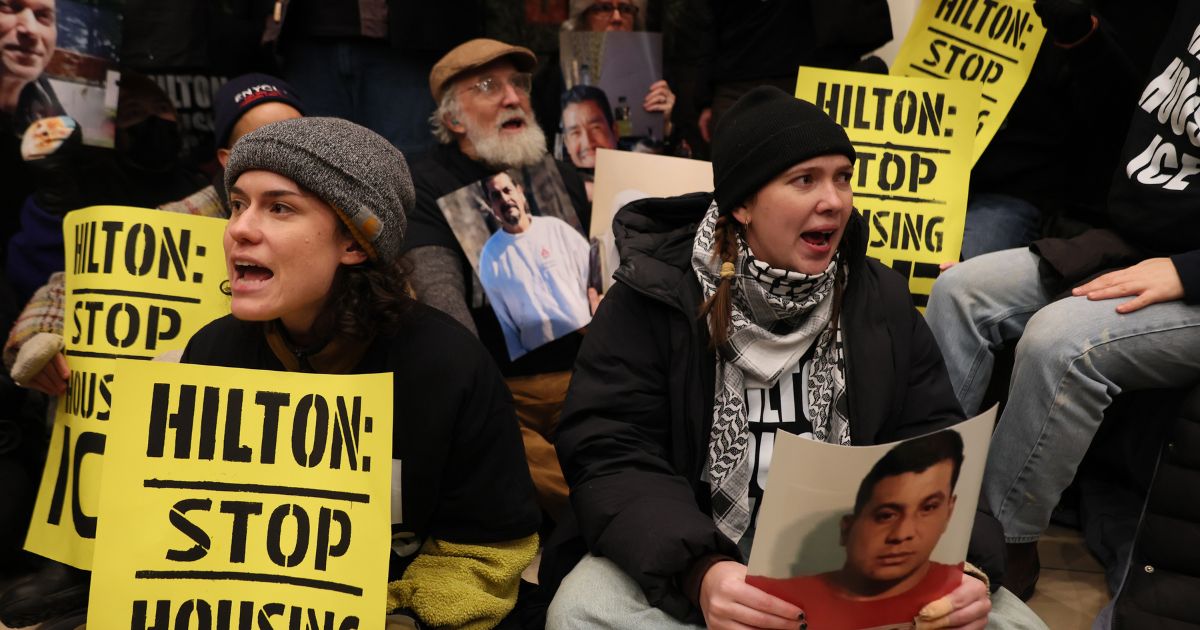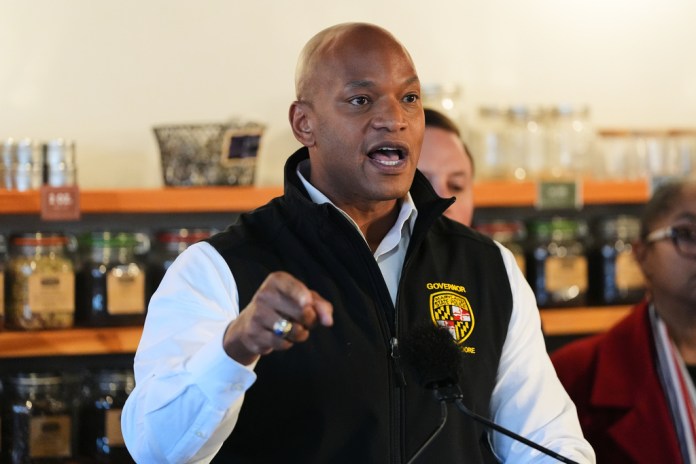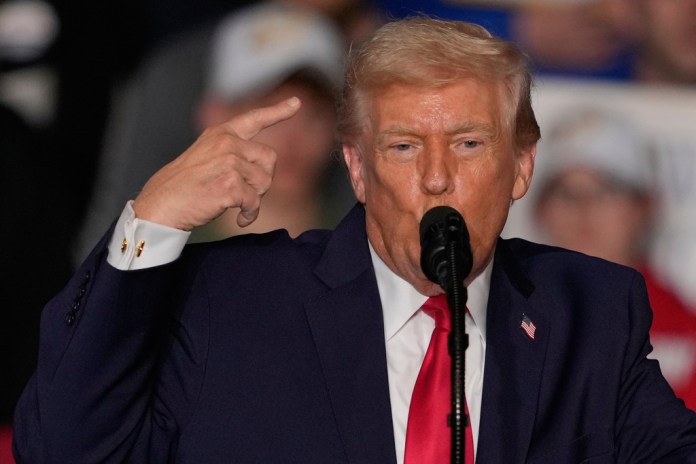Kavanaugh Blasts Illinois For Flip-Flopping On Candidate Standing
Associate Justice Brett Kavanaugh criticized the state of Illinois, led by Democrats, during oral arguments in the Supreme Court case *Bost v. Illinois State Board of Elections*. The case challenges a 2022 Illinois law that permits ballots to be counted up to two weeks after election Day. Illinois Solicitor General Jane Notz argued that plaintiffs, including Republican Rep.Mike Bost, failed to show sufficient factual evidence to prove they had standing to contest the election rule. Kavanaugh rebuked Notz for seeming to contradict the state’s previous written arguments. Other justices, including Elena Kagan, Ketanji Brown Jackson, and Samuel Alito, questioned the state’s position on what criteria federal candidates must meet to establish standing, focusing on factors like election experience and whether a candidate can demonstrate harm from the rule. The case raises meaningful questions about post-election litigation,candidate standing,and the timing of resolving disputes over election regulations.
Associate Justice Brett Kavanaugh admonished the Democrat-led state of Illinois for seemingly flip-flopping on arguments it made in a high-stakes case before the Supreme Court on Wednesday.
The moment occurred during oral arguments for Bost v. Illinois State Board of Elections, which centers around a 2022 challenge brought by Rep. Mike Bost, R-Ill., and other Republicans against a state law allowing ballots to be counted up to two weeks after Election Day. Dismissed by the lower courts over alleged “lack of standing,” the plaintiffs have asked the justices to address the “sole question” of whether they, “as federal candidates, have pleaded sufficient factual allegations to show Article III standing to challenge state time, place, and manner regulations concerning their federal elections.”
When probing Illinois Solicitor General Jane Notz, Associate Justice Elena Kagan attempted to drill down on what the state was arguing when it came to the standards federal candidates must abide by to have standing to challenge an existing election rule. Noting how Notz’s response to her query differed from an answer she provided to Chief Justice John Roberts on the subject, Kagan said, “I agree with the chief justice. You do not want candidates to have to walk into federal court and show that … they’re up in the polls by ‘X’ amount or that they’ve won the last five elections by ‘X’ amount.”
Attempting to get clarity on the issue, Kagan asked, what “[y]ou’re just saying [is], ‘[Bost] didn’t say anything to show that he’s going to be harmed at all by the new [Illinois election] rule?’”
“That’s exactly our position, and … the burden is on the plaintiff and standing is facts-specific and you look at the record …” Notz said.
The state solicitor general’s response prompted a rebuke from Kavanaugh, who said, “You’re walking away from a lot of your brief there … you’re walking away from most of your brief with that answer, which, that’s your choice.”
The Trump appointee’s remark appeared to spark a note of agreement from Associate Justice Ketanji Brown Jackson, who, in response to Kavanaugh’s “walking away” comment, told Notz, “Yes, you are.”
In its April 2025 motion asking SCOTUS to reject hearing Bost’s case, Illinois argued that the Supreme Court “does not generally grant certiorari to decide” cases involving “the kind of factbound question[s]” raised in the congressman’s legal challenge.
“Petitioners’ request that the Court consider whether they ‘pleaded sufficient factual allegations’ for standing purposes, Pet. i, is a question that, by its nature, carries no implications for anyone but the parties to this case,” the state’s brief reads.
In questioning Notz, Kavanaugh went on to express concerns about the “chaos of post-election litigation and how that would play out in a circumstance like a challenge to this particular ballot-counting rule.” He posed a hypothetical scenario in which there is no “real issue of standing” in a post-election challenge in a close race where a court found the Illinois rule to be “invalid,” and asked Notz what “the remedy would be in that circumstance” should it come before SCOTUS.
Notz attempted to “push back on the idea that … it necessarily would have to be resolved post-election.” She furthermore acknowledged that “standing is not hard to establish” but argued that Bost “did not establish it based on … the statements in the declaration.”
In attempting to pin down what specific factors Illinois believes are required for candidates to be granted standing, Kavanaugh noted how the “two things” Notz has “relied on are how close the election might be … [and] how experienced the candidate is or how many terms [they’ve served].” He asked the state solicitor general, “If a candidate’s been elected twice, is that candidate … in a better position for standing?”
In her response, Notz appeared to suggest that an individual’s experience as a candidate could determine whether he is granted standing or not.
The state solicitor general stated that “experience is relevant” in Bost’s case because he “had so much personal knowledge about how the ballot-receipt deadline works or doesn’t work in his favor about … what these later-arriving ballots look like and whether they harm him or not.” She then said that while newer candidates may not possess that “wealth of information, but they could certainly … rely on other information … [such as] the experience of political advisers, of polling.”
“Are you seriously arguing that whether or not the allegations here are sufficient requires an analysis of the particular background and experience of the candidate who files the complaint — this case would come out differently if this was somebody who had never run before?” asked Associate Justice Samuel Alito.
While seemingly attempting to reject Alito’s premise, Notz appeared to affirm the point the Bush appointee made in his question. She argued, “My point is simply that Congressman Bost had a lot of information available to him that he could’ve … said, for example, ‘You know, I’ve been through eight election cycles under this deadline.’”
“Then you are referring to the particulars of his situation,” Alito surmised before moving on to a different line of questioning.
Shawn Fleetwood is a staff writer for The Federalist and a graduate of the University of Mary Washington. He previously served as a state content writer for Convention of States Action and his work has been featured in numerous outlets, including RealClearPolitics, RealClearHealth, and Conservative Review. Follow him on Twitter @ShawnFleetwood
" Conservative News Daily does not always share or support the views and opinions expressed here; they are just those of the writer."



